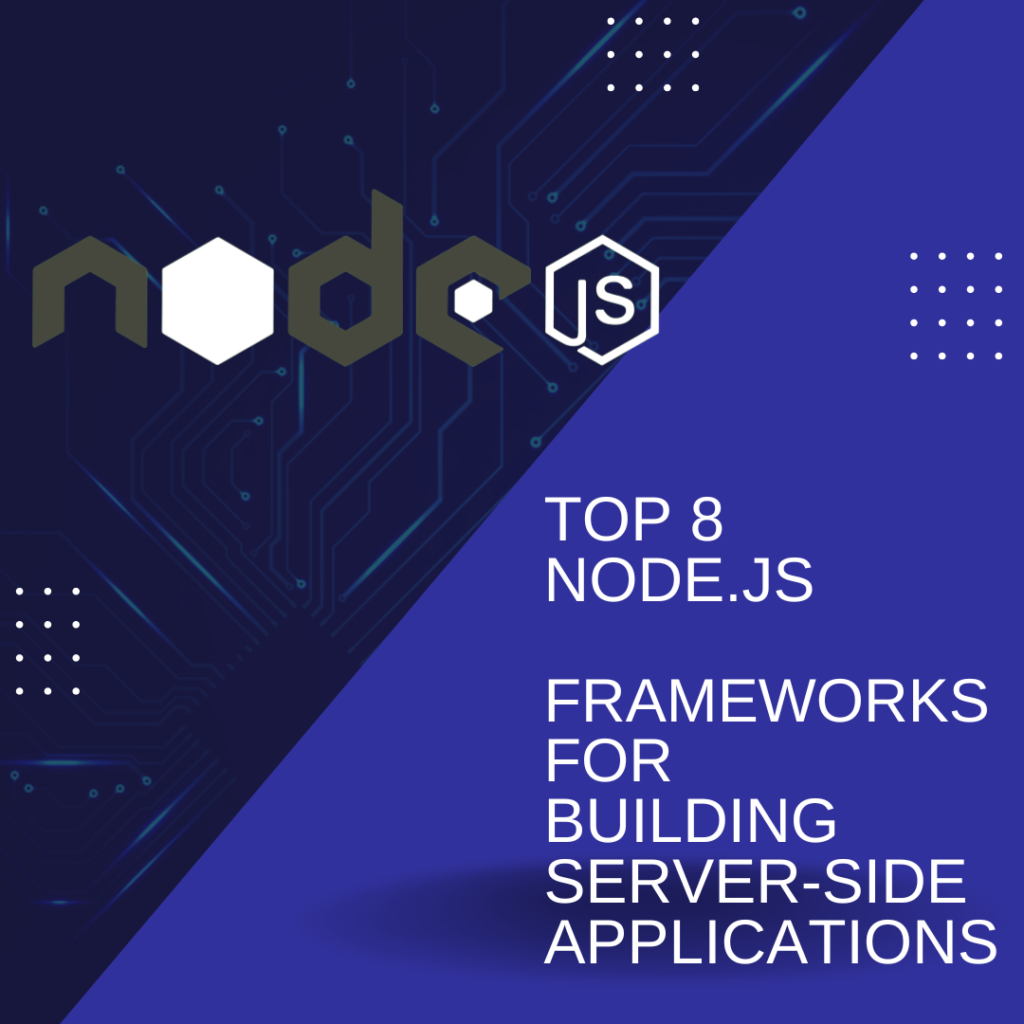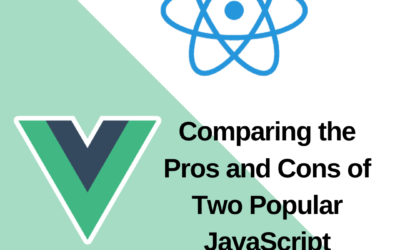Top 8 Node.js Frameworks for Building Server-Side Applications
Node.js is a popular JavaScript runtime that allows developers to build server-side applications with JavaScript. There are a wide range of frameworks available for Node.js, each with its own set of features and capabilities. Here are the top 8 Node.js frameworks:
- Express.js: Express.js is a minimalist web framework for Node.js that is designed for building web applications and APIs. It is simple to use and offers a range of features, including routing, middleware, and template engines.
- Koa.js: Koa.js is a next-generation web framework for Node.js that is designed to be lightweight and expressive. It uses async functions and offers a range of features, including routing, middleware, and error handling.
- Hapi.js: Hapi.js is a web framework for Node.js that is designed for building scalable and reliable web applications. It offers a range of features, including routing, caching, and input validation.
- Meteor.js: Meteor.js is a full-stack JavaScript framework for building web, mobile, and desktop applications. It offers a range of features, including real-time data synchronization, reactive templates, and hot code reloading.
- Sails.js: Sails.js is a web framework for Node.js that is designed for building scalable and real-time APIs. It offers a range of features, including automatic routes, blueprints, and support for multiple databases.
- Nest.js: Nest.js is a modular web framework for Node.js that is built with TypeScript. It is designed for building scalable and maintainable server-side applications and offers a range of features, including dependency injection, controllers, and pipes.
- LoopBack.js: LoopBack.js is a powerful web framework for building APIs and microservices in Node.js. It offers a range of features, including automatic CRUD APIs, real-time data synchronization, and support for multiple databases.
- Fastify.js: Fastify.js is a high-performance web framework for Node.js that is designed to be lightweight and fast. It offers a range of features, including routing, middleware, and support for plugins.
In summary, Node.js offers a wide range of frameworks for building server-side applications, each with its own set of features and capabilities. The choice of framework will depend on the specific needs and requirements of the application.



